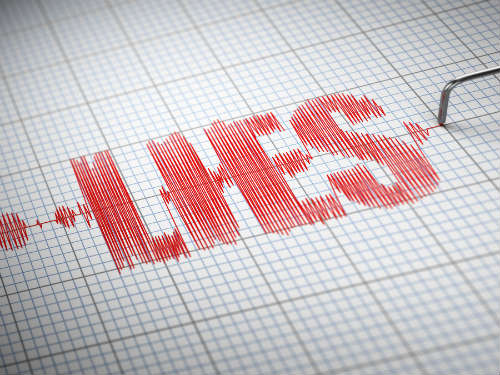If you’ve ever had to deal with debt collectors, you know that many of them can be extremely persistent, rude and even downright obnoxious. But how do you know if a debt collector is flat-out lying to you or misrepresenting the facts just to get you to fork over some cash? It’s not always easy to separate truth from fiction when it comes to aggressive bill collectors.
Debt collection agencies train their collectors do everything possible to collect a debt and close out an account as rapidly as possible. Sometimes, unfortunately, the unscrupulous ones will even tell you bald-faced lies in an effort to scare you or quickly squeeze money from your wallet.
Debt collectors are typically well-trained individuals who deal with hundreds of cash-strapped consumers every single month. Consequently, they know what questions to ask, how to intimidate you, and what buttons to push, in order to get what they want.
In light of these facts, it’s important to be aware of the tactics debt collectors often use, including the lies that many are trained to tell.
Here is a look at some of the most common lies bill collectors will tell you:
Lie #1: “Paying off your debt immediately will improve your credit rating.”
The Truth: Negative references such as “was in collections” or “was 90 days past due” will still stay on your credit report, even after you pay off an account in collections. Under the Fair Credit Reporting Act, negative information such as late payments generally remain on your credit files for seven years from the date of the last payment. So paying off your debt after being prompted by a bill collector will not automatically have a positive effect on your credit rating.
The exception to this rule: You may be able to boost your credit rating if you get an agreement in writing upfront from the creditor or debt collector that they will remove all negative information from your credit reports. Sadly, most consumers don’t negotiate for this when dealing with debt collectors. And once you’ve paid what you owe, you’ve lost a lot of leverage to get the debt collector to delete negative information from our credit files.
Lie #2: “If you just send me a post-dated check, this issue will quickly go away.”
The Truth: Any “agreements” you’ve made over the phone where the debt collector says he or she will accept a post-dated check rarely work out in your favor. You just don’t know what’s going to happen with that check, and you’re also revealing your bank information and address by sending them the check.
Debt collectors have been known to cash post-dated checks earlier than agreed to, to change the amount of a payment on a check, and to later tap into people’s bank accounts once the bill collector has someone’s account information. So don’t agree to forward any post-dated checks. Send payments using a money order or certified check, return receipt requested – not via your personal checking account.
Read the rest of Lynnette Khalfani-Cox’s article on BlackEnterprise.com










